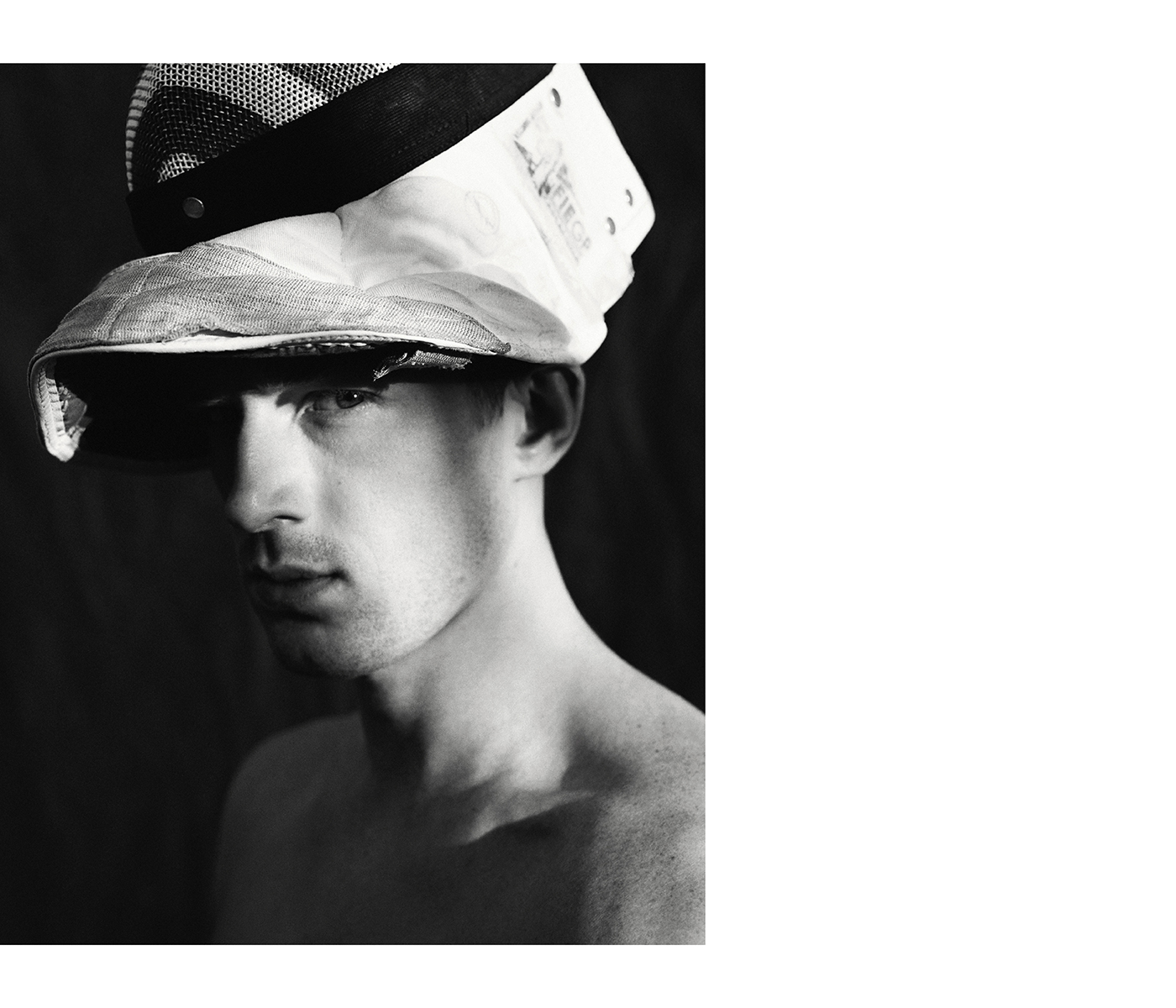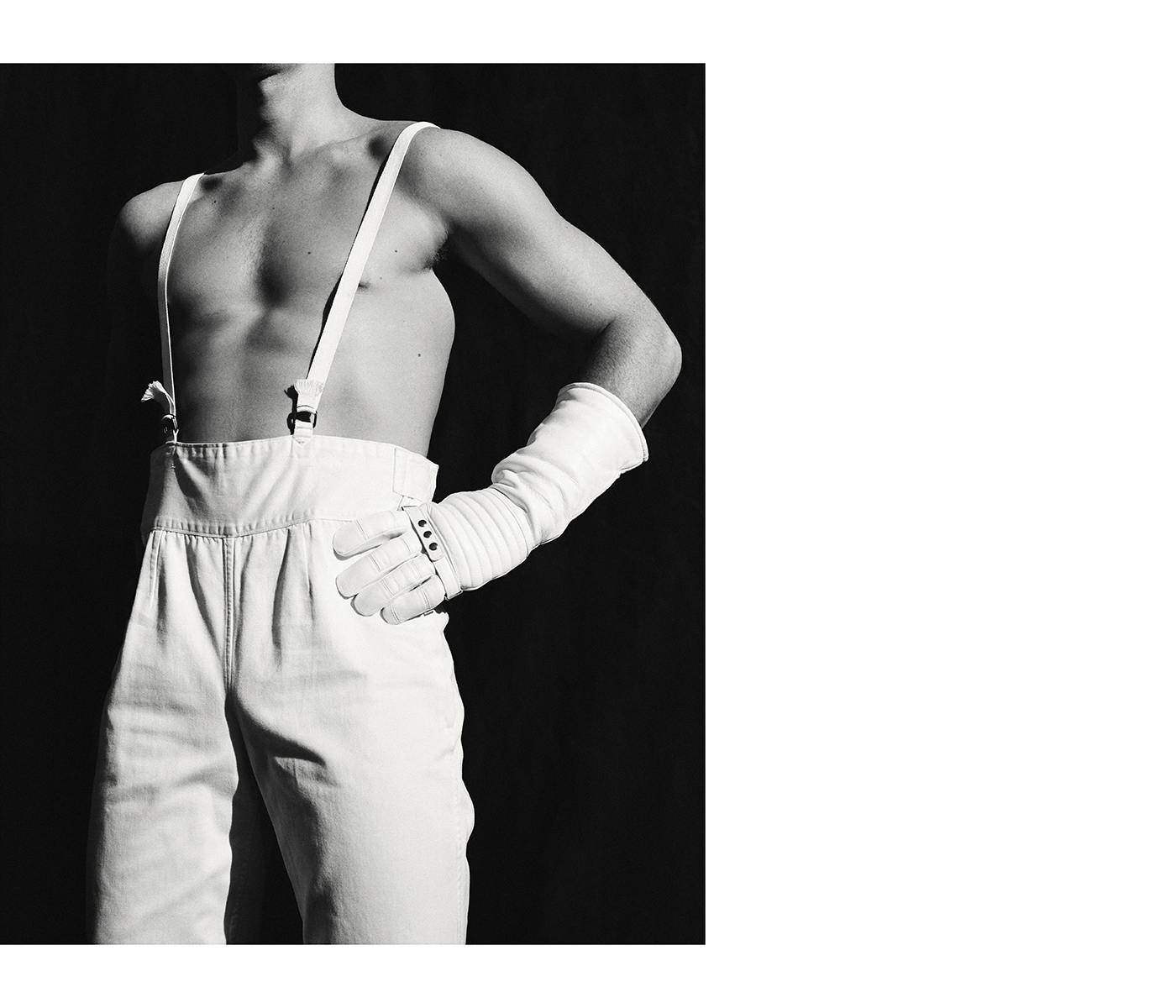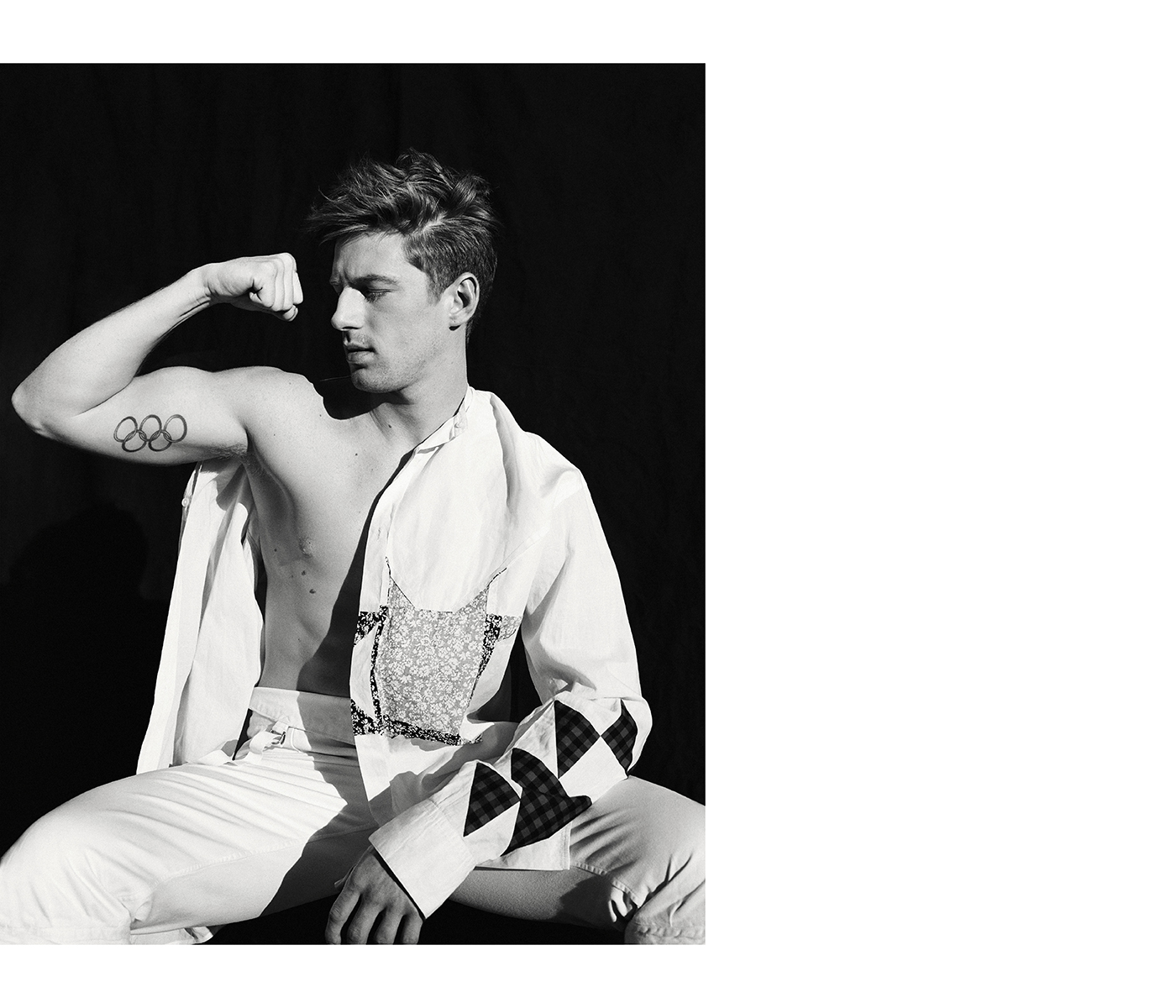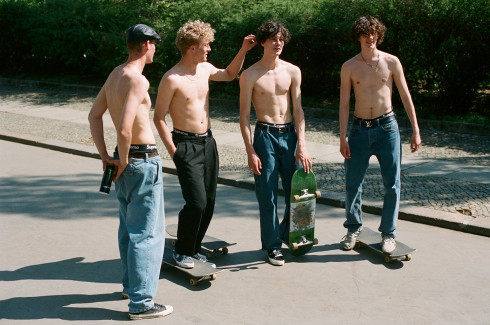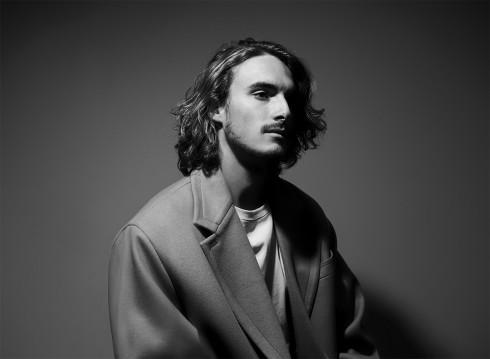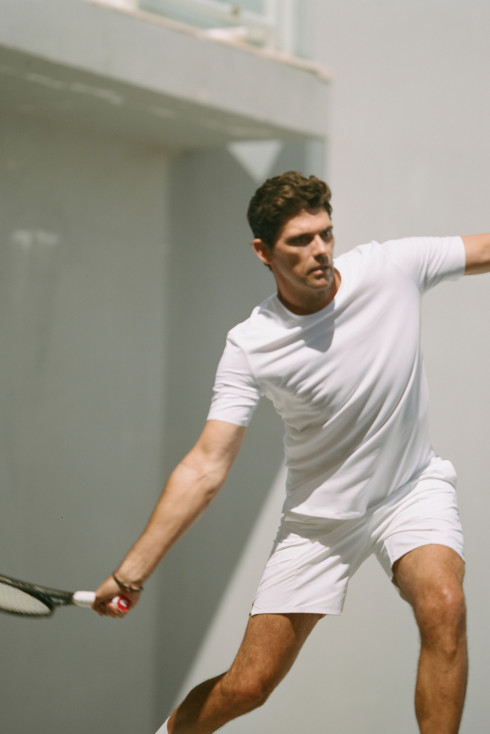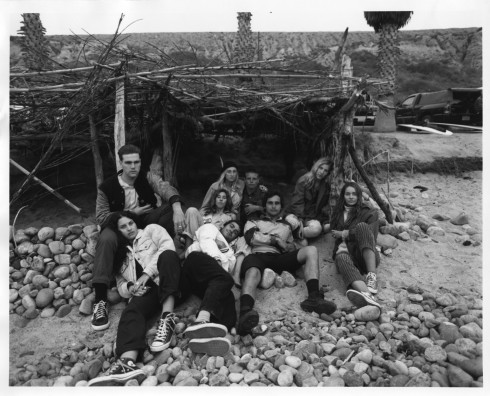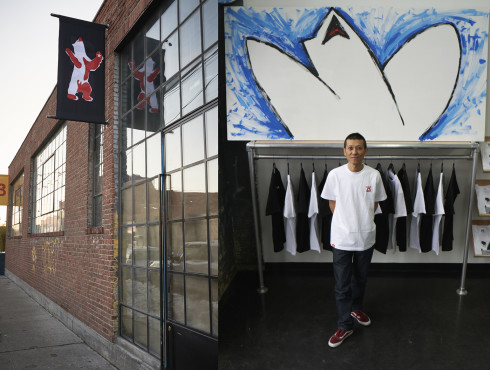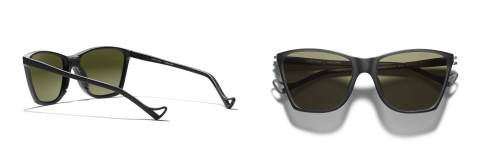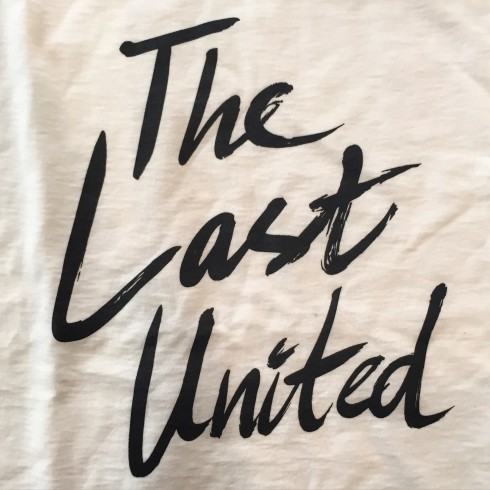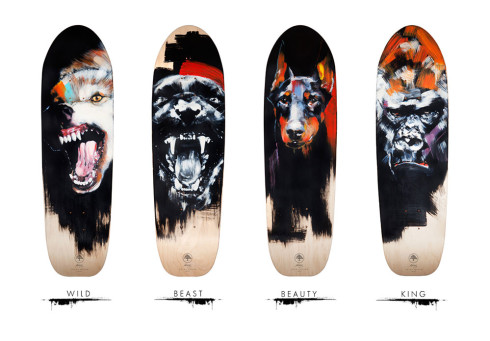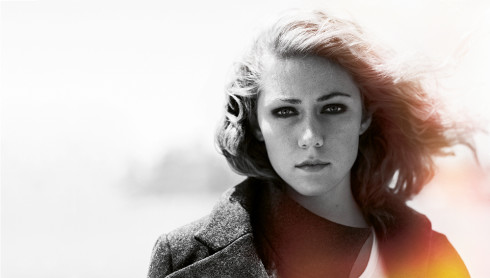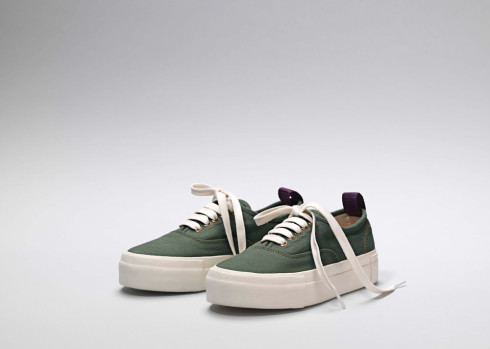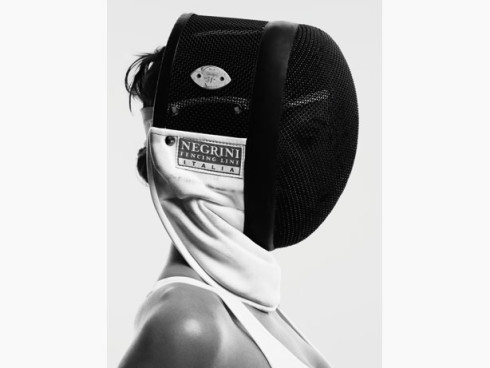
Trousers from Palace Costume & Prop Co., Los Angeles.
- By
- Jonathan Shia
- Photography by
- Scott West
- Styling by
- Karolyn Pho
Grooming by Dallin James at The Wall Group.
Olympic Medalist Race Imboden Wants to Bring Fencing to a New Generation
Studies have shown that bronze medalists are, on average, happier than those who come in second, the latter focusing on the gold they lost rather the silver they won. The American fencer Race Imboden, who placed third along with Miles Chamley-Watson, Alexander Massialas, and Gerek Meinhardt in the team foil competition at the 2016 Rio Olympics, would definitely agree. After competing in both the individual and team events in London in 2012, he had been relegated to substitute status in Brazil despite a number-four world ranking at the time, left to cheer on his teammates for most of the bronze-medal match. He was brought in for one best-of-five bout and defeated the Italian individual gold medalist Daniele Garozzo, helping cement the Americans’ lead. “The way I saw it was like being a closing pitcher,” Imboden recalls. “I came in against the guy who won the Olympics and my sole job was to put my team in the position to win. It’s very risky and a lot of times you won’t see the substitute come in—the gold-medalist Russians didn’t sub their fourth man in and he didn’t get a medal. It was a moment of trust that they put upon me. It was my job. I had one focus going into that competition and that was to perform in those high-pressure situations.” Their bronze was the first medal for the United States in the event in eighty-four years.
Ending a decades-long drought as part of one of the youngest teams competing might sound like a crowning achievement, but the 26-year-old Imboden admits that it was still something of a disappointment for a group that had a solid shot at gold, an impressive indication of the sport’s rising fortunes in a country not known for its fencing legacy. With its history in swordsmanship, armor-like equipment, and French terminology, fencing has a very Old World reputation, but it has been making inroads in the United States of late. The Americans’ performance in Rio, where they brought home four medals in total, was both indicative of their recent progress and a promising preview of what may be in store next year in Tokyo. “For a long time we were underdogs, and we went into that competition as a strong force to medal,” Imboden explains of the 2016 Olympics. “If you had told somebody in 2004 we were going to have a bronze medal, people would’ve lost their minds. It was a great moment and something that I’ll never forget. That medal will bring back memories forever of the whole experience, from the time when I started where the US was not on the map to being with a bunch of guys who really changed the face of fencing in our country.”
Fencing has been the top priority in Imboden’s life for so long that it can be hard to believe that he first came to it through a stroke of pure coincidence. As a child growing up in Atlanta, he was playing with a toy lightsaber in a park when a stranger saw him and suggested the activity to his parents. “My parents were like, ‘What the hell is fencing?’” he laughs. “I fell in love with it and I thought it was the coolest thing ever that you could sword fight for fun.” After his family moved to Brooklyn, he decided to take the sport more seriously and enrolled at Dwight on the Upper West Side, a school known for the strength of its fencing team. “Around fourteen or fifteen, I was fed up with losing and I wanted to have better results and I realized I would have to dedicate a lot more time if I wanted to achieve the things I wanted to achieve,” he elaborates. “I started practicing four times a week and stayed and did fencing instead of going to summer camp, that kind of thing.” He began competing on the international circuit at the same time and ended up missing several teenage rites of passage like prom, but he says he doesn’t regret his decision at all: “I was fourteen and traveling the world alone and having fun with friends when everybody else was at home. I never looked back.”
Imboden quickly made his way up through the ranks and was named to the American team at the 2012 London Olympics at the age of nineteen, a prodigious accomplishment considering the peak age for fencers is generally considered to be the late twenties. He still recalls the moment he secured his spot after a competition in Venice. “I always had the goal that I wanted to get the Olympic rings tattooed and the second that I qualified, I called my mother and then I made the appointment,” he laughs. “It was the first thing to cross my mind.” He came in ninth in the individual competition and fourth with the US team, but says he doesn’t discount the significance of the experience, even if the results were not what he had been expecting. “It felt like I had finally arrived,” he says. “I knew I was doing something that I loved and I knew that I was going in the right direction. I had visualized it and I had achieved it. It was something that I felt like I had control over and in life we don’t have too many things like that.”
He returned from London without any medals but did wind up with a modeling contract after he was spotted on television and signed with an agency in New York. As a veteran in a sport where winners and losers can be determined based on split-second actions and the intricate concept of “right of way,” Imboden is no stranger to high pressure, which makes his side job walking the runway for brands like Louis Vuitton and Marc by Marc Jacobs easy. His recent regular clients include Rag & Bone (for which he starred in a video alongside Mikhail Baryshnikov and Lil Buck), J.Crew, and Express although those jobs necessarily take a back seat to his training. Still, he appreciates the exposure that modeling has brought him and says the two industries have helped provide him with a global network of connections he bounces between. “Luckily for me,” he laughs, “I’m in two businesses, fashion and athletics, where people travel a lot.”
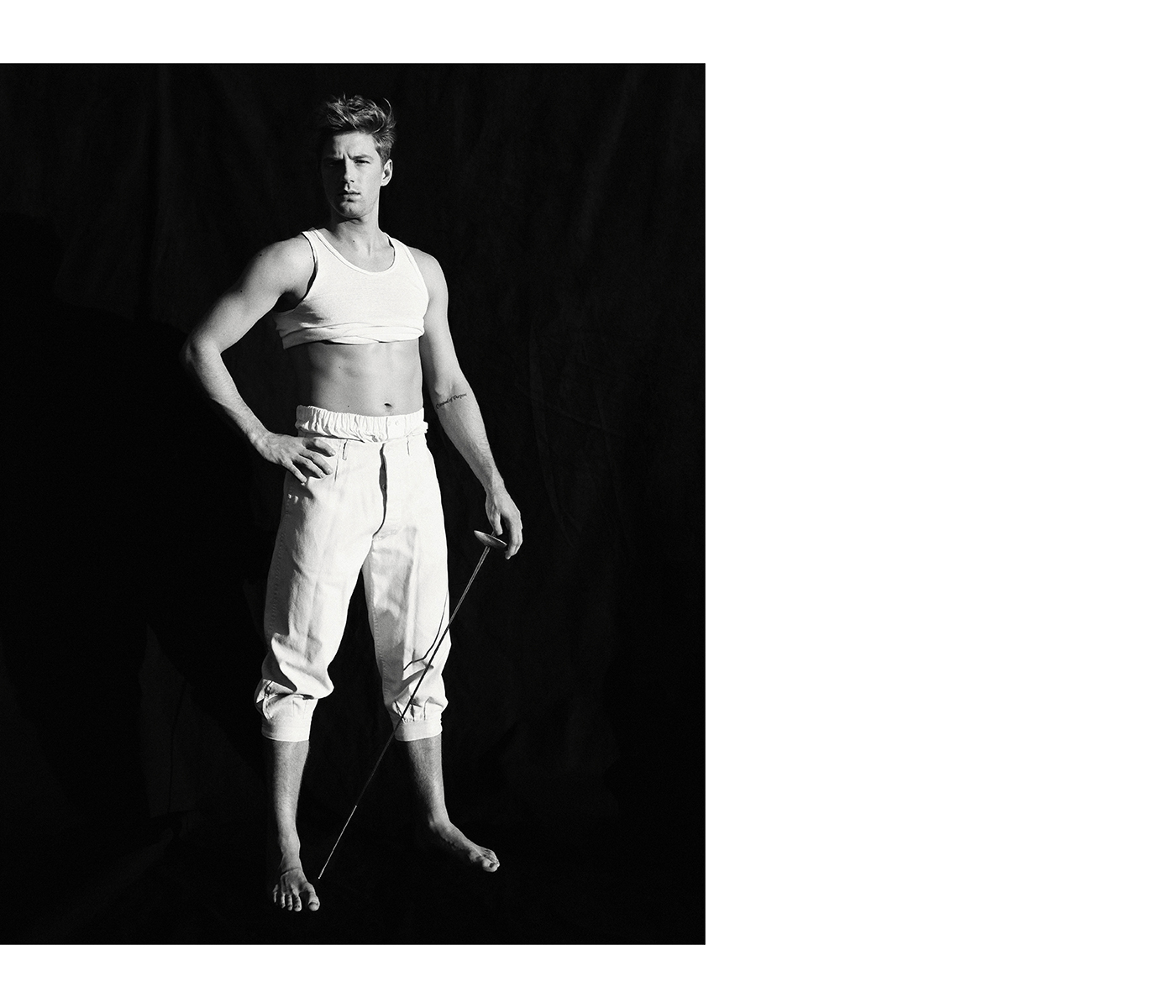
The qualification cycle for Tokyo is just getting underway, but Imboden says he has been looking ahead to 2020 ever since the closing ceremony in Brazil. He decamped for Los Angeles a few years ago to switch to a new coach and moved up from finishing fifth in the overall season in 2017 to third last year. He’s currently ranked second in the world. Earlier this year, he moved to Iezi in Italy to train under the two-time gold medalist Stefano Cerioni, whom he calls “one of the, if not the, most decorated coaches” for foil. “It feels like Rio was yesterday and London was just a few months so it goes really quickly,” he adds. “You have to be constantly evolving your game and constantly working in order to be prepared all the time and put yourself in the best position. The best athletes feel this urgency to be prepared and to see things on the horizon a long time before they show up. This Olympic cycle has been different for me than the last time. I really put a good solid four years of work in. For me, the preparation started almost three years ago and the main focus has been getting ready for this season. All the timing is coming together. In order to be ready, you have to be ready a long time before.”
A particularly heartening facet of fencing’s recent rise in the United States has been its rapidly increasing diversity. Long dominated by Europeans, the sport has made significant inroads into minority communities on this side of the Atlantic of late. Imboden’s foil teammates in Rio included the half-Chinese Massialas and Chamley-Watson, who is black, and the full American fencing contingent—Ibtihaj Muhammad competed in a hijab, becoming the first female Muslim-American to medal at the Olympics, while the African-American Daryl Homer, a native of Saint Thomas, brought home a silver in individual saber—is reflective of a new era for a sport that is centuries old. With its requisite high-tech equipment and specialized coaching, fencing remains an expensive pastime out of reach for many. Imboden points to groundbreakers like Peter Westbrook, the 1984 bronze medalist who is part Japanese and part black and whose namesake foundation focuses on teaching fencing in underserved communities, as one of the reasons for America’s recent success and an inspiration for his new venture, EnGrd.
Launched last month with his friend Ben Parkins, EnGrd is a digital platform offering a subscription service of tutorials, masterclasses, and Q&A sessions from top-level athletes designed for aspiring fencers who don’t have the geographic or financial access to top coaches. Imboden freely admits that his career has been made smoother by the donations of many, something most young students don’t have access to, which can be a major obstacle to picking up the sport and is a main reason it has been historically limited. EnGrd is his way of giving back. “It’s a gift to be able to do this sport the way that I’ve done it and I know that without the help of the people around me who have helped fund me, it would’ve been impossible,” he explains. “I think it’s important to give kids that opportunity. I just want to provide information for people and break this system.”
Subscribers to EnGrd will be able to follow along firsthand on Imboden’s route to the 2020 Olympics and he says it is only fitting that he is launching this new initiative during what may prove to be the defining period in his life. He is aware that both of his jobs, modeling and professional sports, have built-in expiration dates, which is exactly why he is laying the foundation for the next step. “Personally, I’m really proud no matter what to have achieved what I’ve achieved in my career,” he says, “and I want to use that platform to help steer kids in the right direction and give them something to do. I think that’s going to be what’s coming in my future.”
But before then, there is Tokyo, where Imboden has a solid shot at bringing home two medals. After his prodigious début in London and his disappointment in Rio, he is approaching his next Olympics with a fresh perspective on both the physical and mental aspects of his preparation. “Going into Rio, I was a much better fencer, but I didn’t get to fence in the individual event because I missed the qualification points,” he says. “I did have the opportunity to fence in team and we won the bronze medal, but I think I had put a different emphasis on the Games. I took it with—not with less fear, but there was less enjoyment in the season. Part of my reasoning for moving out to Los Angeles was to enjoy the process again. That’s what I’ve gotten back to, just enjoying the process, being super psyched to go through qualifications, not dreading it, not looking at it like, ‘Oh man, this is going to be hard.’ I think I enjoyed it a little less the second time around and I want it to be different for the third.”
For more information, please visit TheEnGrd.com.
- By
- Jonathan Shia
- Photography by
- Scott West
- Styling by
- Karolyn Pho
Grooming by Dallin James at The Wall Group.
